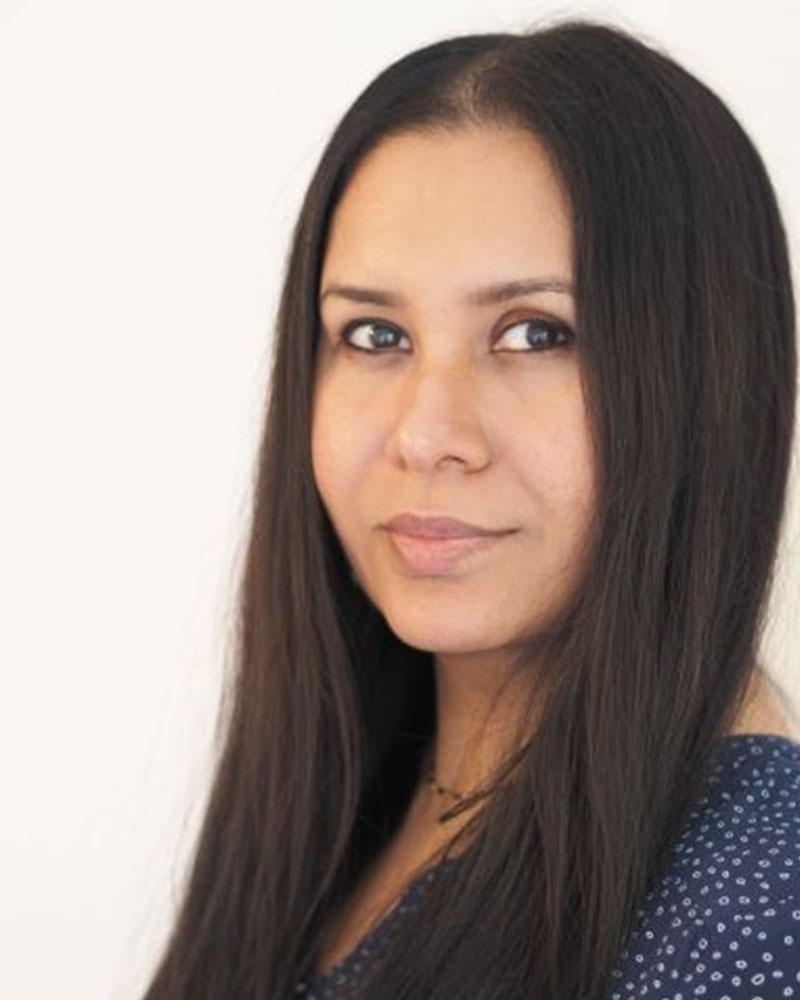Dr Shobha Maharaj is the Science Director of the Hawaiian based reforestation organisation, Terraformation. She is a climate impacts scientist by training and has a doctorate from the University of Oxford, United Kingdom. She was a Lead Author of the Small Islands Chapter and the Biodiversity Hotspots Cross-Chapter Paper for Working Group II on the 6th Assessment Report of the Intergovernmental Panel on Climate Change (IPCC) published in February 2022. Her areas of specialization and research are projection of climate impacts on Small Island States and global biodiversity hotspots, nature-based climate change adaptation and mitigation strategies, climate vulnerability across various sectors, fintech solutions facilitating incorporation of biodiversity into the global finance sector and increasingly, Diversity Equity and Inclusion (DEI) within the international scientific arena. She has worked on several small islands across the globe with particular attention to the Caribbean; the Andean forests in South America and is currently focusing on assessing and supporting reforestation projects in various locations across South America, Africa and South-East Asia.
She continues to dedicate her time to raising awareness on local and regional climate impacts at especially international fora. For example, she is one of the just two scientists who were selected to provide evidence and testimony for the recently concluded, precedent-setting international tribunal hearing where COSIS is seeking an Advisory Opinion from the ITLOS in Hamburg on the obligations of States due to climate change. She continues to lend her scientific expertise to supporting other international litigation on climate change — for example the request for an advisory opinion on the Climate Emergency and Human Rights submitted to the Inter-American Court of Human Rights by the Republic of Colombia and the Republic of Chile. She is also writing and increasingly speaking on DEI topics within science and is particularly passionate about raising awareness on the sidelining of scientists from the Global South and who are people of colour – during the development of international science-based reports and representation within global narratives. She is increasingly being quoted by media platforms including the BBC and various outlets from the United Nations, South Asia and the Caribbean. In 2022 she was highlighted by the United Nations as one of 12 female scientists on the forefront of climate action and was also one of the co-recipients of the Glubenkian Prize for Humanity for work done on the frontline tackling climate change and the biodiversity loss and for highlighting the relationship between science, climate, biodiversity and society.



